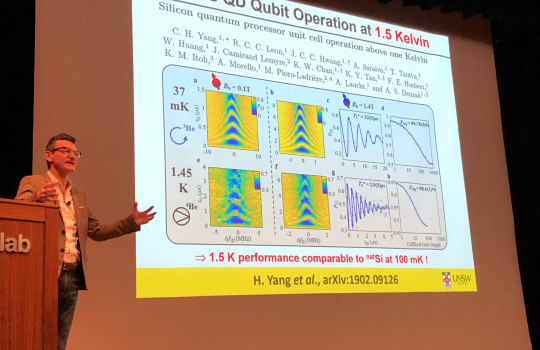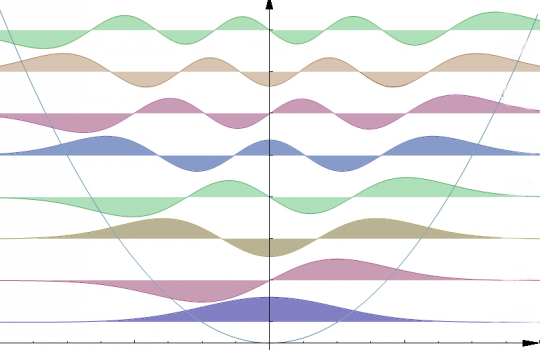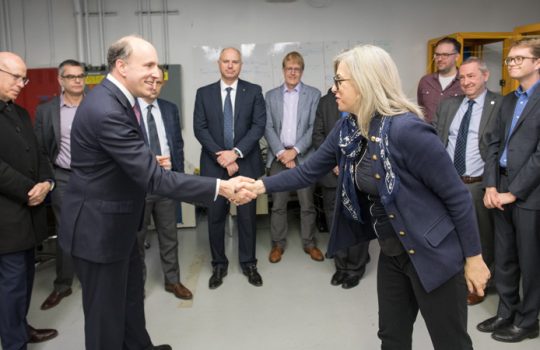Ultracool engineering: Worldwide experts gather at Fermilab for first international workshop on cryogenic electronics for quantum systems
Today’s quantum computing processors must operate at temperature close to absolute zero, and that goes for their electronics, too. Fermilab’s cryoelectronics experts recently hosted a first-of-its-kind workshop where leaders in quantum technologies took on the challenges of designing computer processors and sensors that work at ultracold temperatures.




